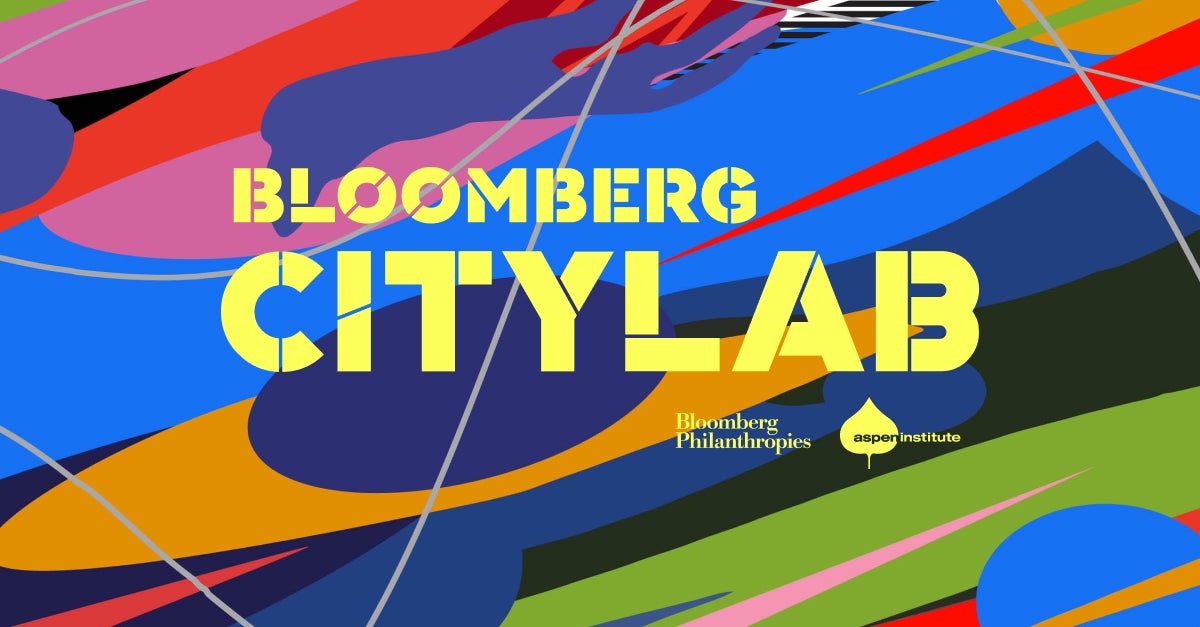What we’re working on and talking about:
The Aspen Tech Policy Hub is accepting applications for their three month paid fellowship program through February 13. The Hub trains technologists in the policy process and unleashes them on serious real world problems. Previous Fellows’ projects are here.
I’m on the content committee for the Code for America 2020 Summit, which will be held in Washington, D.C, for the first time: March 11-13, 2020! The Summit will focus on four themes: Design + Delivery; Civic Innovation + Data; Operations + Management; and Technology + Policy. You can get tickets here, with a 10% discount.
CUI is delighted to welcome Vivian Schiller as our new colleague. Vivian will be leading the new program uniting CUI, the Cybersecurity & Technology program, and the Communications & Society program. Vivian has deep experience with how technology permanently reshaped journalism. I’m looking forward to learning what lessons that experience holds for local governments.
I had a great conversation late last month about the limits of “smart cities” and the potential for better cities with Juan Lobato, the mayor of Soto del Real, as part of Aspen España’s Tech & Society program. Next year, CUI will focus on defining and naming what comes after the “smart city.”
My wishlist for cities in 2020: Because I just can’t resist an end-of-the-year list.
Drive the market for urban technology through purchasing power — which means getting serious about procurement reform. City governments have the power to create markets through their significant purchasing power. But cities have yet to aggregate their purchases in a big, market-driving way. Instead, governments tend to adhere to byzantine procurement rules that favor incumbents, squelch innovation, and weaken cities’ hand with respect to disruptive new market entrants. There’s broad consensus that procurement has to change to allow cities to make better purchases, faster, but very few city leaders have wanted to tackle this hugely difficult and complicated issue. That said, technology is going to continue to shape cities — dramatically — in the coming decade. Cities need to get out in front and shape technologies, and procurement is the path to doing so.
Get help to understand and evaluate technologies. Related to the above, city governments and residents need to know more about how technology works: the risks, tradeoffs, and genuine — as opposed to overhyped — upsides. It’s unrealistic to expect every local government to bring scarce, expensive technical talent in-house. Philanthropy, the private sector, and universities need to collaborate on a tech evaluation resource or standard, maybe creating an analog to B Corps certification for urban tech, or organizing and funding a cadre of experts who can field inquiries and create guides to AI, facial recognition, IoT, and other emerging technologies. This is the inverse of the great work that FuseCorps and Code for America do by embedding experts for a short time in local governments; this would be a permanent, trusted, outside entity providing both scaled solutions and as-needed responses to specific queries. Datakind’s Impact Practice and the Mayors Leadership Institute on Smart Cities could be starting points.
Communicate openly about constructive failure. I’m extremely excited about CUI’s work with Centre for Public Impact on failure in local government. We’re hosting “failure foundries” next month in Kansas City and Little Rock, with more to follow in February. Innovation rests on a foundation of constructive failures and the relationships that create the trust and psychological safety to make mistakes and try again. We’re learning more about how to build that foundation in specific city departments and will share what we learn at a big event next spring.
And for all of us, I wish that in 2020, we start with, and stick with, values. As Ben Thompson of Stratechery put it in his end-of-the-year post:
“values matter, and there is a freedom that comes from recognizing and articulating those values. Indeed, honesty about values makes analysis better, because underlying assumptions are pushed to the forefront, instead of fading to the background — and, I’d add, it is invigorating! On to 2020!”
We look forward to continuing to learn from and alongside you in the coming year.
All best,
Jennifer
Interesting in receiving the Center for Urban Innovation’s monthly newsletter? Subscribe here.
Past newsletters can be viewed here.
